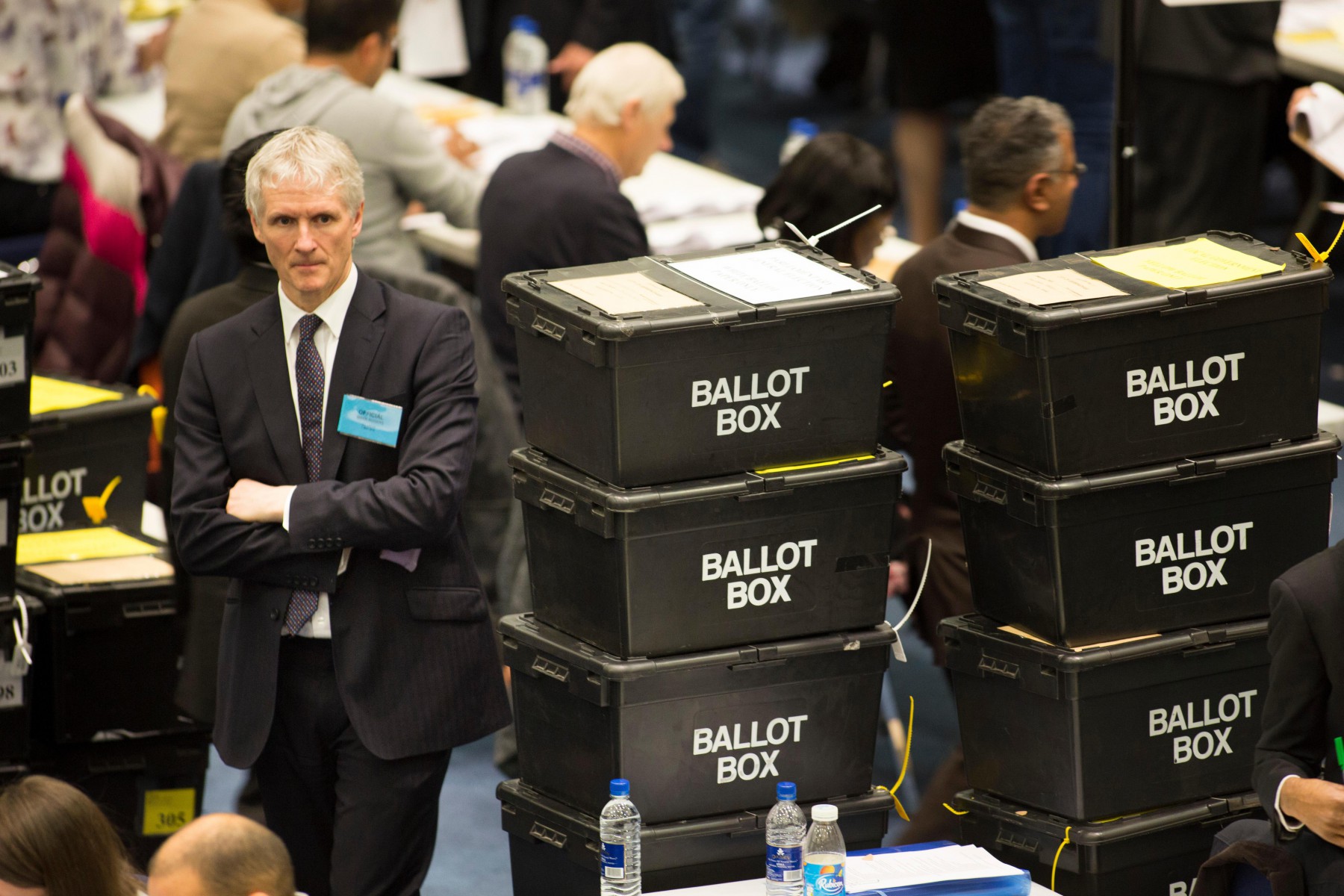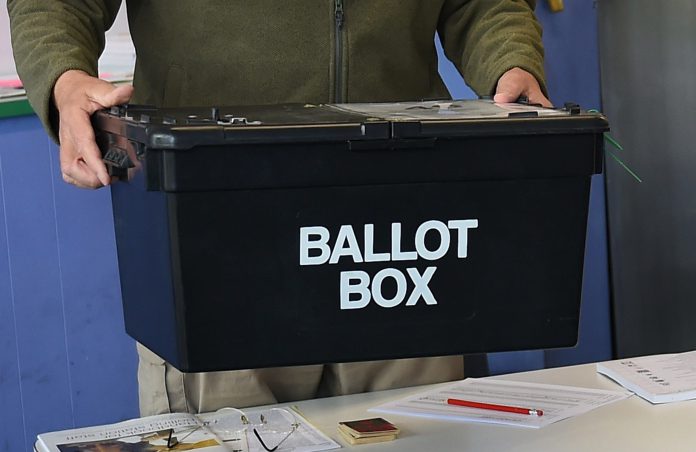ON DECEMBER 12, Brits will go to the polls for the General Election and as usual it’ll fall on a Thursday.
But why are UK elections always on a Thursday? Here’sour guide to the customs and laws behind our history of voting.
Why are general elections held on a Thursday?
By tradition, in the UK all general elections for the last 80+ years have taken place on a Thursday.
Thursday is also usually chosen for Parliamentary by-elections and for other elections such as for mayors and regional assemblies.
The weekday is also used for referendums such as last year’s poll to leave the EU and the Scottish independence ballot in 2014.
The last general election not on held a Thursday was onOctober 27, 1931 which was a Tuesday.
The last Parliamentary by-election not on a Thursday was the poll in Hamilton in May 1978, when the returning officer moved it to Wednesday to avoid a clash with the first game of the football World Cup.
By law, local council elections in England and Wales are always on the first Thursday in May.
What is the reason for choosing Thursday?
There are many theories on the origins of the traditional polling day in Britain.
One is that it was the usual market day when people in rural areas were more likely to be in town – giving them a better chance to vote.
It was also thought to be desirable to have elections as far away as possible from Sunday to limit the influence of the parson’s sermon.
But Friday was payday – when many voters were likely to spend their wages in the pub.
Therefore the best day was Thursday.
However, in practice before the 20th century many elections took place over weeks rather than in a single day.
What other reasons are there for holding elections on a Thursday?
Most election results are known by Friday morning – meaning the new prime minister has the weekend to form a Cabinet.
In theory, this allows for the smooth transition of power with government returning to normal business the following Monday.

Who decides when elections will be held?
Before the Fixed Term Parliaments Act 2011, the prime minister had the power (using the Royal Prerogative) to dissolve Parliament and call a general election at any time.
Now, the law states that general elections will take place every five years on the first Thursday in May.
But the Act allows for two exceptions.
One is if the government loses a motion of no confidence, and 14 days pass without a vote of confidence in any new government formed.
The second is if the House of Commons votes by a two-thirds majority in favour of a general election earlier than the fixed date.
This is the route chosen by the Prime Minister, who will need support from the Opposition Party to call the election.
The law does not specify it must be on a Thursday.
What other days have elections been held?
Historically, elections took place over the course of weeks until 1918.
The general election in December that year took place on a Saturday.
Four years later in November 1922 it was a Wednesday, and the poll in December 1923 was on a Thursday.
The next three elections after that were on Wednesday (October 1924), Thursday (May 1929) and Tuesday (October 1931).
All have been on a Thursday since then.
Could elections move to a different day in the UK?
In 2008 the Electoral Commissionpublished a consultation paper on moving votes to Sundays, as they are in much of Europe.
It said there was little evidence to support the idea that more people would vote if elections were at the weekend.
Some voters may face difficulty reaching polling stations by public transport, especially in rural areas.
And there would be problems for last-minute postal votes.
Some people go away at weekends and would not be able to vote in a different constituency.
And there would have to be accommodation for people who object on religious grounds to voting on a Saturday or Sunday.








